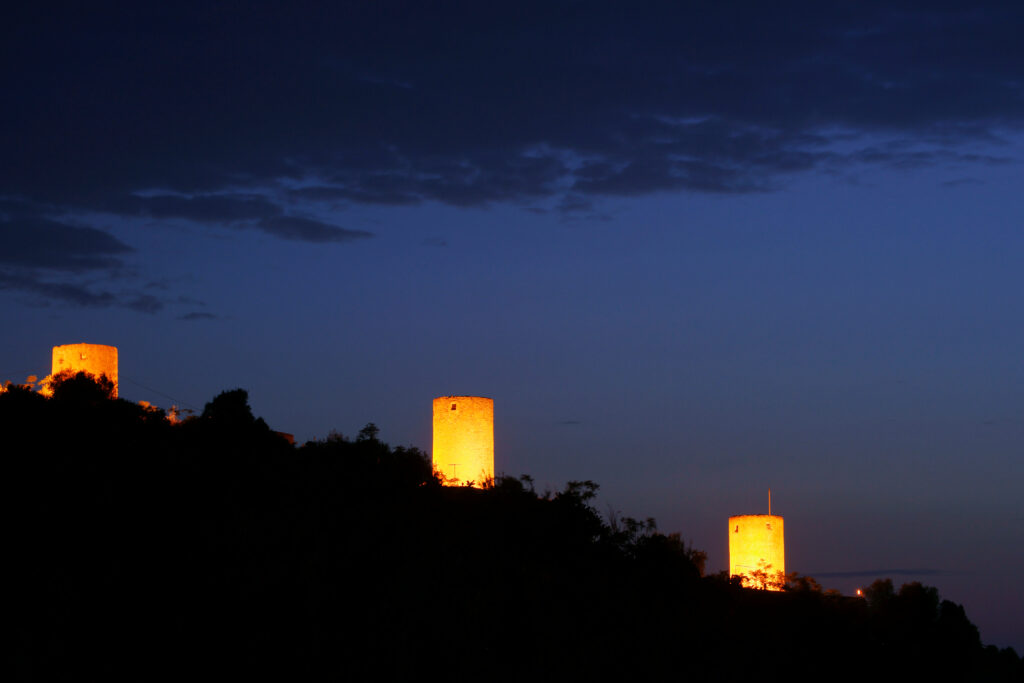
Puig Des Molins, The Phoenician Necropolis in Ibiza
The Necropolis of Ibiza is one of the best-kept historical treasures on the island. Located in a peaceful corner of Ibiza, this ancient cemetery has a rich history dating back to Phoenician times. Its tombs, caves, and mausoleums, carved into the island’s stone, offer a breathtaking view of the oldest Ibicencan culture.
Adjacent to the necropolis is the Archaeological Museum of Puig des Molins, where some of the most valuable Phoenician and Punic remains are preserved. You can find the pantheon of the gods Tanit, Baal Hamon, and Eshumn, all linked to love and fertility.
The Goddess Tanit and the Ancient Private Chef
The bust of the goddess Tanit is the most significant: she was the Carthaginian mother goddess to whom sacrifices were offered in antiquity to ward off adversity. Today, she is one of the symbols of the island of Ibiza, a source of inspiration for artists and craftsmen of the Pityusic Islands.
Tanit was not only a religious figure; her influence transcended the temples. She was attributed to the protection of Phoenician kings, and her connection to royalty was undeniable. Phoenician monarchies relied on their devotion to Tanit to ensure the well-being of their territories and their prosperity.
In the context of ancient Ibiza, the best cooks of the time played a crucial role in the lives of Phoenician royalty. These “private chefs” were responsible for creating banquets fit for a king, using fresh and exquisite ingredients to delight the palates of the Phoenician elite. Their culinary talent was essential to impress the rulers and, at the same time, honor Tanit, the goddess of abundance.
Today, when we enjoy a private chef service in a luxury villa in Ibiza, we are continuing a culinary tradition with ancestral roots. This connection between the divine, royalty, and cuisine reminds us of the profound history behind each delicious culinary creation.

